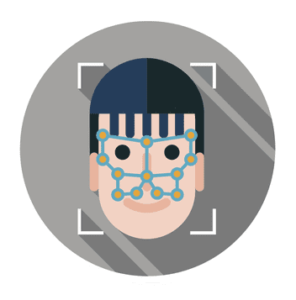The European Union is funding cutting-edge biometric screening projects that could reduce friction and wait times at the border while enhancing security, reports Horizon.
 One is MOBILEPASS, a project headed by the Austrian Institute of Technology, which has developed a handheld device that can scan faces and fingerprints using a built-in camera, comparing data obtained from a travelers to what’s on her electronic passport. The data is encrypted on the device, and can only be accessed via digital certificates issued by national agencies, helping to ensure that the data can’t be hacked.
One is MOBILEPASS, a project headed by the Austrian Institute of Technology, which has developed a handheld device that can scan faces and fingerprints using a built-in camera, comparing data obtained from a travelers to what’s on her electronic passport. The data is encrypted on the device, and can only be accessed via digital certificates issued by national agencies, helping to ensure that the data can’t be hacked.
The EU-funded iCROSS project is also exploring this kind of handheld biometric scanning technology, and is supporting an effort by Luxembourg’s European Dynamics to develop a pre-screening system that uses the cameras of visa applicants’ home computers to obtain key facial biometrics. The individuals’ faces are scanned as they answer questions from an AI border officer avatar, and that data can then be used for authentication at a border checkpoint. But the system goes a step further, analyzing micro-expressions that could indicate whether an applicant is lying, and in those cases flagging the applicant for further screening by border officials upon arrival.
Together with biometric border screening deployments at airports and even railway stations, it all points to a growing role for biometric technology at European borders as EU governments seek to prevent terrorism and cope with a migrant and refugee crisis.
Source: Horizon
–
February 16, 2017 – by Alex Perala


Follow Us